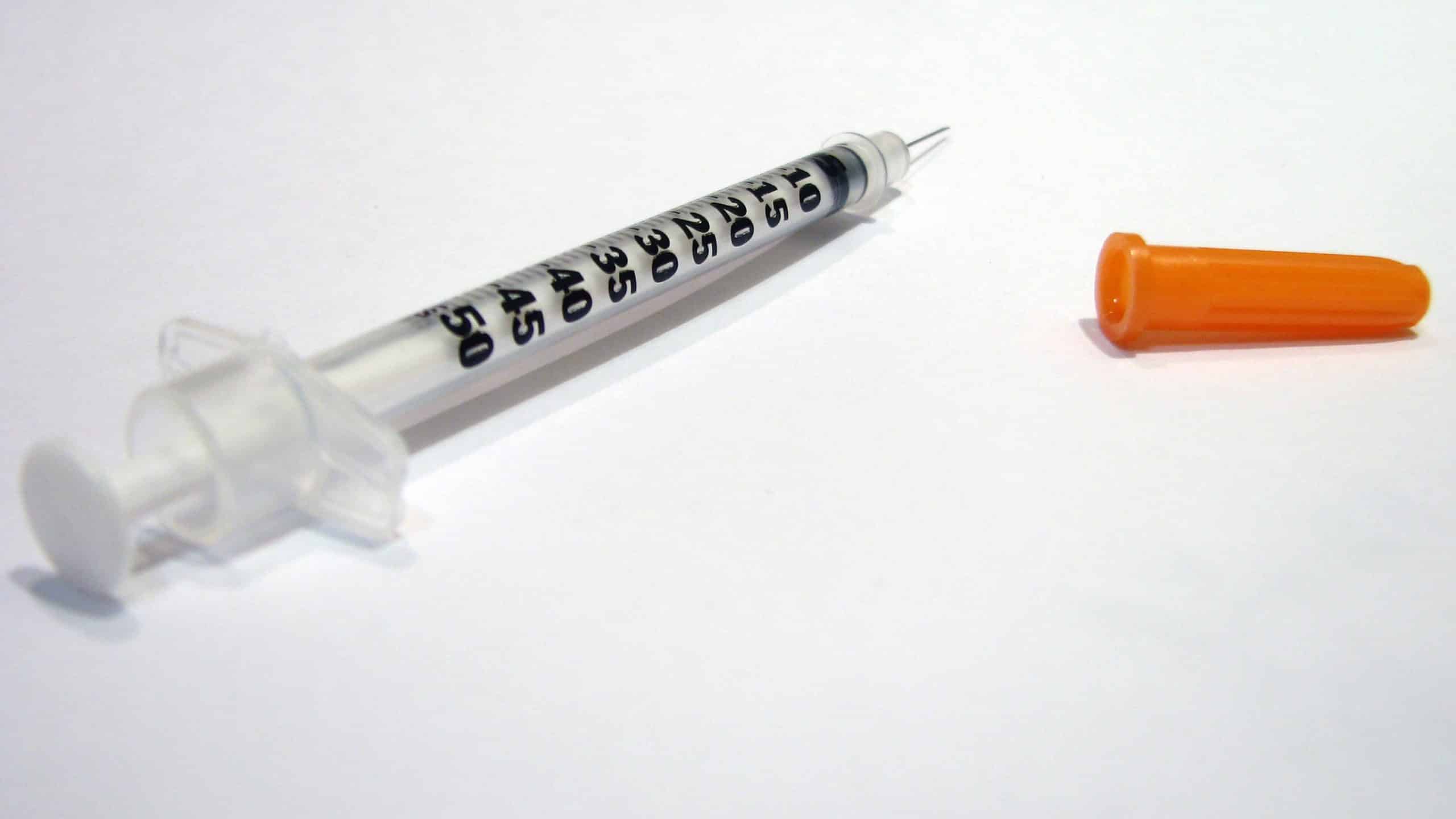
Getting your cat properly vaccinated is essential to its health. In fact, before vaccinations became more commonly place, many cats died on a regular basis from a condition called panleukopenia, which is more commonly known as feline distemper. They were also more likely to die from upper respiratory infections such as herpesvirus and calcivirus.
With the help of vaccinations, death from these diseases, and many others, have become far less common.
Giving Vaccinations
Traditionally, vaccinations were given to cats through injections. Today’s medical technology has advanced in many ways, however, and injections are no longer the only method available for administering vaccinations. In fact, it is possible to administer some vaccinations through the nostrils. As advances in medical technology continue to be made, the methods for administering vaccinations will likely continue to expand.
Vaccinating Kittens
When your kitten is between the ages of four and 20 weeks old, most experts recommend administering a series of vaccinations. Typically, the series should begin when the kitten is between the ages of 6 and 8 weeks and should be continued every 3 or 4 weeks thereafter until the entire series is administered. In most cases, the last shot is administered by the time the kitten is 14 or 16 weeks old. These vaccinations are designed to protect the cat against feline panleukopeni as well as upper respiratory viruses.
If the kitten is an outdoor cat, it is also important to have it vaccinated against the feline leukemia virus. There are other types of vaccinations available in addition to the feline leukemia virus vaccination, so it is a good idea to discuss your options with your veterinarian in order to choose the vaccinations that are best for your kitten.
Vaccinating Older Cats
Once your cat reaches 20 weeks to 2 years old, it will typically require booster shots in order to maintain immunity from various diseases. Cats over the age of 2 years old should also receive booster shots, though it is a good idea to talk with your veterinarian about the benefits as well as the risks associated with receiving annual vaccinations. At this time, there is no national standard regarding booster shots and experts are not in agreement about how often these shots should be administered. For that reason, some veterinarians recommend staggering booster shots rather than giving them every year. Some shots, such as rabies, must be administered in accordance with local laws.
Providing Aftercare
Although vaccinations are considered safe, it is still important for you to monitor your cat after it receives its vaccination. That way, if you notice any unusual behavior or if your cat becomes ill afterward, you can contact your veterinarian right away and get the proper care for your cat.
Although experts do not agree completely about booster shots and how often they need to be administered, nearly all are in agreement that vaccinations are an important aspect of proper pet care. By having your cat vaccinated, you help keep your pet from getting ill while also helping to stop the spread of feline disease.




